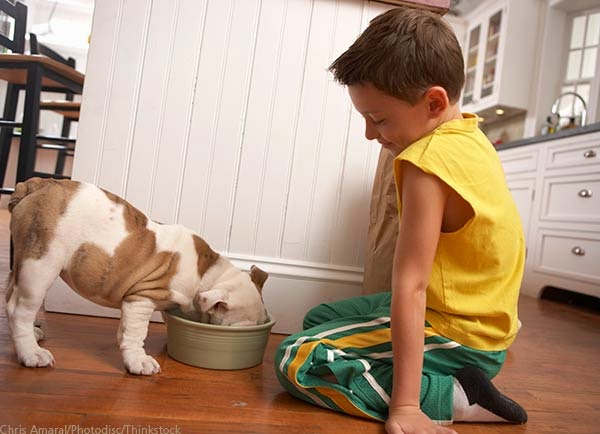All parents, no matter their circumstances, education, and values, share one fundamental belief: We want the very best for our children. What is “best” takes many forms: meeting basic needs for shelter and nutrition, accessing good education, participating in individual and team sports, exposing children to music and art, connecting to nature, and creating social opportunities. The list of what parents try to provide can be long, indeed. But often what seems to be missing in families—as parents strive to provide for their children—is what is most important for kids: opportunities to take responsibility for themselves and to feel capable, useful, and important in the world.
Children are wired to learn and grow; they are natural scientists. They acquire new skills as they are developmentally ready—to crawl, walk, and climb; to use language; to read and draw; to discover cause and effect. Because this process can seem quite magical, we parents often try not to get in the way of their growth. Children thrive when they feel competent—not because we tell them, “you are smart” or “you are the best on the team,” but because we encourage them to take on the challenges they are ready to learn. Life in the 21st century makes this increasingly difficult for us. We are often rushed and don’t have the time for our kids to learn things for themselves; we feel that they will “fall behind” if they aren’t scheduled in several enrichment activities outside of school; and we fear for their safety in a world that seems fraught with peril from traffic, strangers, and guns.
But despite these challenges, we have opportunities everyday to help children feel competent. By age 3, your child should pick his clothes, put them on by himself, and clear his dishes after breakfast. By 5, your child can feed your pets, help you plan meals, make a salad, and water the pots on the patio. Your 8-year-old can help with grocery shopping by finding items independently. All you have to do is teach her in which aisle they are located. She can also wash and condition her hair and create an organization system for her room so it is easy to keep tidy.
These are just a few examples of how, on a daily basis, we can help our children feel competent, independent, and useful. If your child seems lacking in motivation, uncooperative, or resistant to guidance, these behaviors often indicate he needs more independence and responsibility for his self-care and participation in family routines. As we adjust our expectations to match our children’s abilities, we will feel less frustrated and less likely to nag … and more excited to watch our children feel capable to meet new challenges with confidence.


